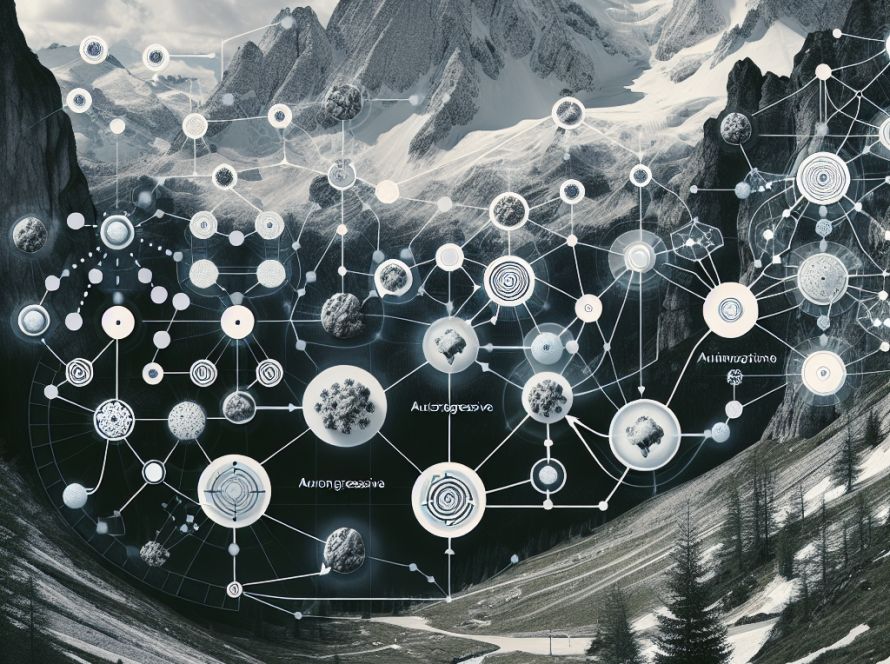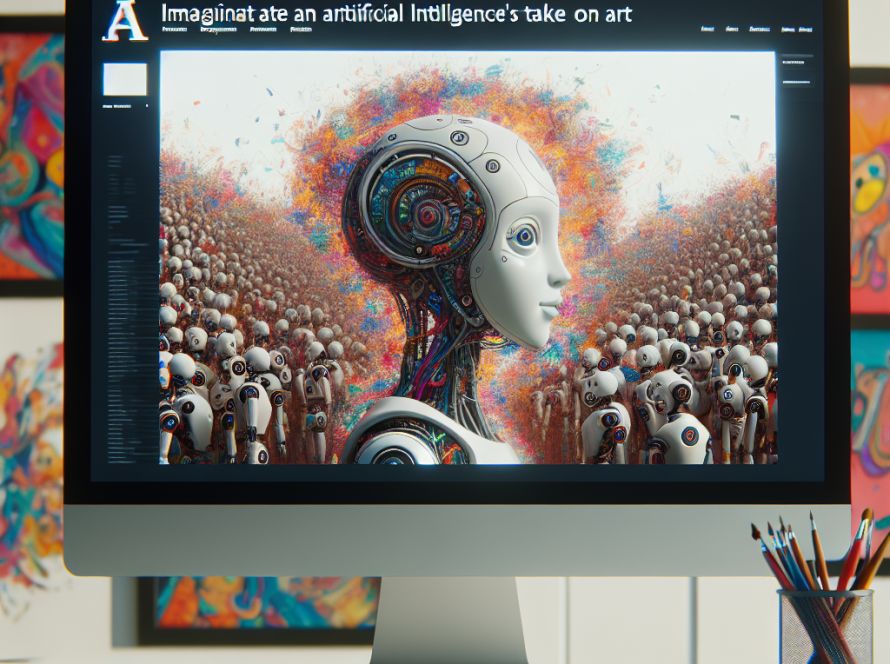Researchers at MIT and the University of Washington have developed a method to model the behavior of agents, either human or artificial, accounting for potential unknown computational constraints that could affect their problem-solving abilities. This model can predict an agent’s future behavior based on a few instances of their past actions – what they term the agent’s “inference budget”.
In their recent paper, the researchers discussed how their technique can be used to infer an individual’s navigation goals based on previous routes, and predict subsequent moves in a chess match. Comparisons made showed their method either matched or outperformed another leading method for modeling such decision-making processes.
The researchers’ method may help teach AI systems to respond better to human users. Athul Paul Jacob, electrical engineering and computer science graduate student and lead author of the paper, believes that predicting behavior and understanding goals could make AI assistants increasingly effective. “If we know that a human is about to make a mistake, having seen how they have behaved before, the AI agent could step in and offer a better way to do it”, he stated.
The method involves running an algorithm for a fixed period to solve a problem, such as a chess match. The model then aligns the agent’s decisions with the algorithm’s actions and identifies the step at which the agent stopped planning. From this, the agent’s inference budget can be determined, which then predicts how that agent would react when facing a similar problem.
The power of this method, according to Jacob, is that it doesn’t require any extra work and can be used on any problem solved by a specific class of algorithms. The researchers tested their approach by inferring navigation goals from previous routes, guessing communicative intent from verbal cues, and predicting subsequent moves in human-human chess matches.
In the future, the researchers aim to apply this approach to model the planning process in other domains, such as robotics. The eventual objective is to utilize this work in developing more effective AI collaborators. The research received support from the MIT Schwarzman College of Computing Artificial Intelligence for Augmentation and Productivity program and the National Science Foundation.


